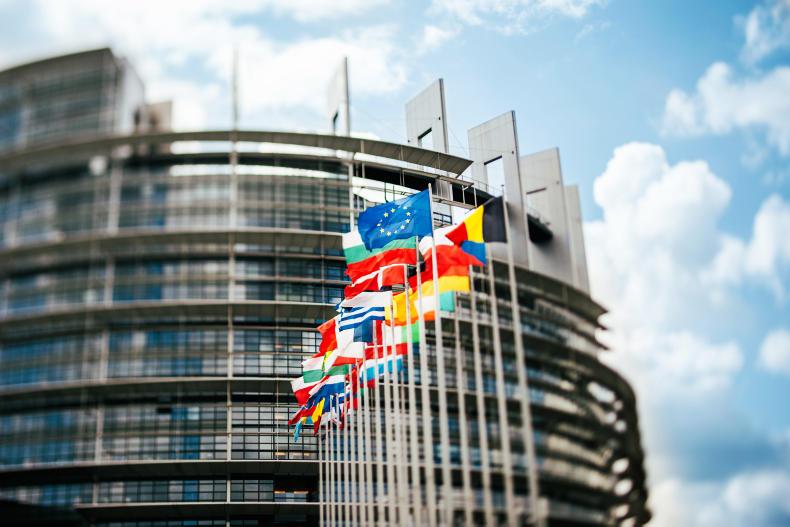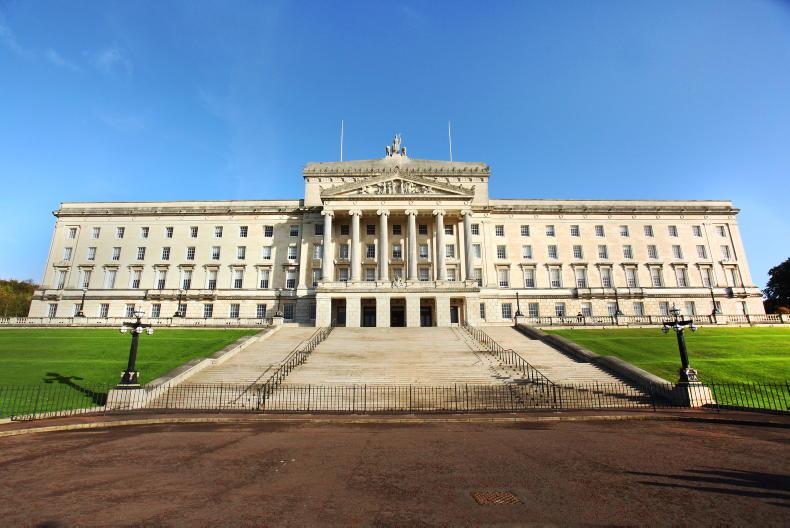A wide majority of MEPs voted in favour of the text, as amended by the environment committee of the European Parliament. Some 534 members out of 751 supported the proposal this Wednesday, MEPs told the Irish Farmers Journal.
Ireland’s target remains to cut greenhouse gas emissions from the so-called effort-sharing sector, which includes agriculture, by 30% of 2005 levels in time for 2030. Only 3.8% of these can come from actions such as planting trees or improving carbon storage in soils.
Under the initial proposal from the European Commission, such flexibility from land use, land use change and forestry (LULUCF) was set at 5.6% for Ireland – the second highest in the EU, in recognition of the large proportion of emissions from agriculture here.
2020 targets
MEPs have also removed proposed flexibility around intermediate 2020 targets, which the Environmental Protection Agency has said Ireland is on course to miss. While the initial Commission proposal allowed a “linear trajectory” between now and 2030 targets, implying some leeway, the European Parliament text makes 2020 targets “a maximum limit” and the starting point for the next decade’s effort.
Irish MEPs spoke against these amendments during the debate on Tuesday, but were overriden in the plenary vote this Wednesday. Fine Gael MEP Mairead McGuinness has descibed the new targets as a “huge challenge”.
Binding #GHG vote @Europarl_EN 534 in favour huge challenge for Irish ag, transport & construction sectors @farmersjournal @AgrilandIreland
— Mairead McGuinness (@MaireadMcGMEP) June 14, 2017
In a letter sent to Minister for Agriculture Michael Creed and Minister for Communications, Climate Action and the Environment Denis Naughten ahead of the vote, IFA president Joe Healy estimates the stricter targets represent “an unacceptable additonal €1bn liability” for Ireland. Countries behind targets will be allowed to buy carbon credits from others.
The legislative proposal now goes to the Council of European Ministers, where EU member states may accept or reject the latest version.
Read more about the climate change challenged posed to Irish farming by the latest developments in this Thursday’s Irish Farmers Journal.










SHARING OPTIONS